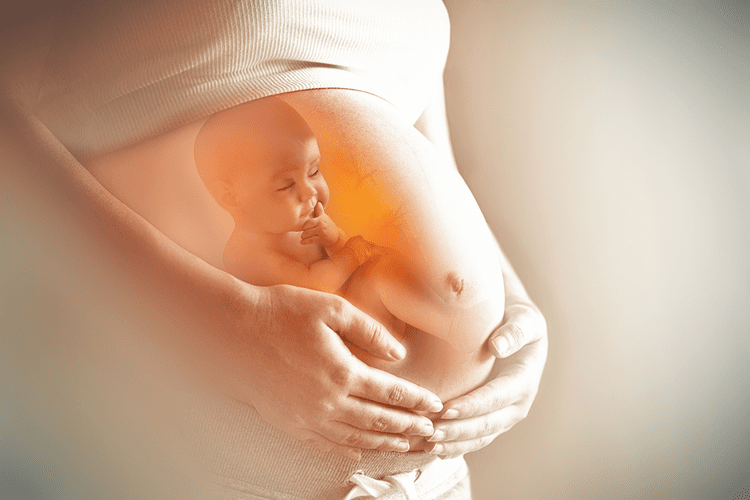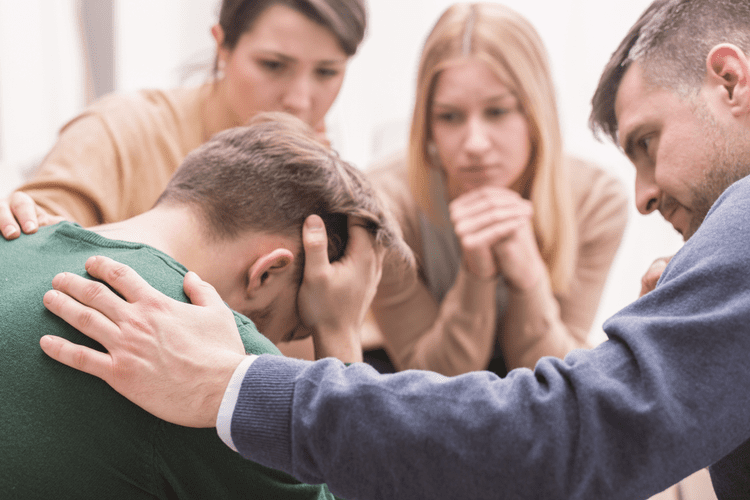Many people with alcohol use disorder also have other mental health conditions like depression, anxiety, bipolar disorder, or schizophrenia. A big part of alcohol recovery is taking steps to improve your lifestyle through changes like diet and exercise. If you’ve been trying to get to and maintain a weight that supports your health, quitting alcohol can help you meet that goal.

After a couple of http://teeweb.ir/plugins/gravity-forms/performance-enhancers-the-safe-and-the-deadly/ months of no alcohol, the brain and the neurotransmitters begin to regain balance, and you will notice that your thoughts become clearer. If you have any blood clotting issues, they may improve as the liver is responsible for your blood’s clotting pathways and functions. After 2 weeks of no alcohol, your gut lining begins to heal, and you will notice less heartburn, less bloating, and more natural bowel movements.
- In addition to healthier activities, at this point, you’ll likely enjoy a more normal appetite.
- Either way, whether you’re fully committing to an alcohol-free lifestyle or just testing the waters, here are some tips to help you cut back or cut it out entirely.
- In this supportive environment, any complications can be immediately managed, ensuring your safety in a way that isn’t possible when trying to detox alone.
- In 2024, 25% of US adults who regularly drink alcohol completed the Dry January challenge.
- While these areas may take the greatest hit from regular drinking, they aren’t the only ones affected.
Related Conditions
Your risk of developing cancer will decrease, and your liver function will have greatly improved. This is usually when people start to feel their best after giving up alcohol. By this point, most physical withdrawal symptoms should have subsided and you should start to feel less anxious and more positive.

How long does it take to feel better after quitting alcohol?
After a year of sobriety, your body has had time to heal from the effects of alcohol. Your risk of developing serious health conditions such as liver disease, heart disease, and certain cancers has significantly decreased. You may also have experienced improvements in your relationships, work, and overall quality of life. It’s important to continue to prioritize your sobriety and seek support to maintain your alcohol-free lifestyle. Remember that alcohol withdrawal can be unpredictable and dangerous, particularly for those with a history of long-term heavy drinking or medical issues such as liver disease or diabetes.

Week Four Benefits
Many of my clients with depression often have an underlying alcohol problem, which they don’t initially disclose but emerges as time goes on. Building a support network of family and friends is equally important. The people closest to you can offer emotional support, encouragement, and accountability, helping you stay focused on your goals. Each week feels like a milestone, and this week might feel like your best one yet.
- These progressed to mild withdrawal symptoms when my tolerance increased in college.
- Heavy drinkers may experience withdrawal symptoms more intensely than moderate drinkers.
- There are other people who feel physically sick and others who have mild physical symptoms but struggle mightily with psychological effects like cravings and thinking about drinking constantly.
- As the body’s filter, the liver does much of the heavy lifting in processing alcohol and can be easily damaged even with moderate drinking.
You may want to stop drinking alcohol when you experience its negative effects. Hangover effects will also disappear after you stop drinking alcohol. If you drink too much, you may start to notice your urine darkening. Consequently, you may find it hard to breathe because they cannot send oxygen to your lungs efficiently.
Improved Sleep
- As you progress into the weeks of sobriety, the benefits become more evident.
- After two weeks without alcohol, the benefits will start to compound.
- However, every person is different and the severity of the withdrawal symptoms can vary from person to person depending on the extent of alcohol use and the person’s underlying health status.
- Melody is here to help as you adjust to a life with less (or no) alcohol.
Reducing from heavy to moderate drinking reduced alcohol-related cancer risk by 9%. Some alcohol-related damage may be permanent, particularly in cases of severe, long-term consumption. Advanced liver cirrhosis, certain types of brain damage, and some cardiovascular complications may not fully reverse. However, stopping alcohol consumption always prevents further damage and often allows for partial recovery. How a person stops drinking is a key factor in the severity of withdrawal symptoms, with heavy drinking being eight or more drinks for women, and 15 or more drinks for men in a week.
What Are the First 24 Hours Without Alcohol Like?
However, once you get through the initial withdrawal symptoms, you should notice a huge difference in your mental and physical health. You may still feel post-acute withdrawal symptoms like anxiety and fatigue. This is totally normal as your body adjusts to its new normal without alcohol. Post acute withdrawal symptoms can persist on and off for weeks or even months. Acute alcohol withdrawal symptoms can range from mild to severe, and the severe symptoms can be dangerous or even life-threatening.
Over time, this can turn into a detrimental cycle of drinking, feeling anxious, and then drinking more to reinstate a feeling of calm. It’s no wonder why alcohol consumption can lead to reduced mood, increased anxiety, and even depression. Alcohol withdrawal (alcohol withdrawal syndrome) is a range of symptoms that can happen if you stop or significantly reduce alcohol intake after long-term use. “The one-year mark is when your overall risk of different cancers has leveled off,” says Dr. Mosquera. “Your relationships are likely improved, and your resilience has increased,” says Dr. Mosquera.
It seems like a blur in retrospect, but luckily after reaching this point, I decided that it was time to let go of my pride and get help. Of all your body’s organs, your liver takes the biggest hit when it comes to alcohol. It takes a large amount of alcohol for this to occur and once it does, a person could live years normally before the liver stops functioning correctly. Then, the liver will become more and more abnormal, unless you stop drinking completely. In my opinion, abnormal liver function is a sign alcohol rehab to stop drinking completely, immediately.
Alcohol withdrawal symptoms
Some people don’t experience any of that for the first week or two and jump straight to the pink cloud, before getting hit with cravings. If you experience any severe symptoms, seek medical attention immediately. Addiction myths are what happens after you stop drinking alcohol false or misleading beliefs about addiction that get repeated so often they start to sound like facts. These myths can come from society, media, treatment programs, or even well-meaning friends and family. The problem is, they shape how people see themselves and how others treat them, often adding shame and stigma instead of support.

